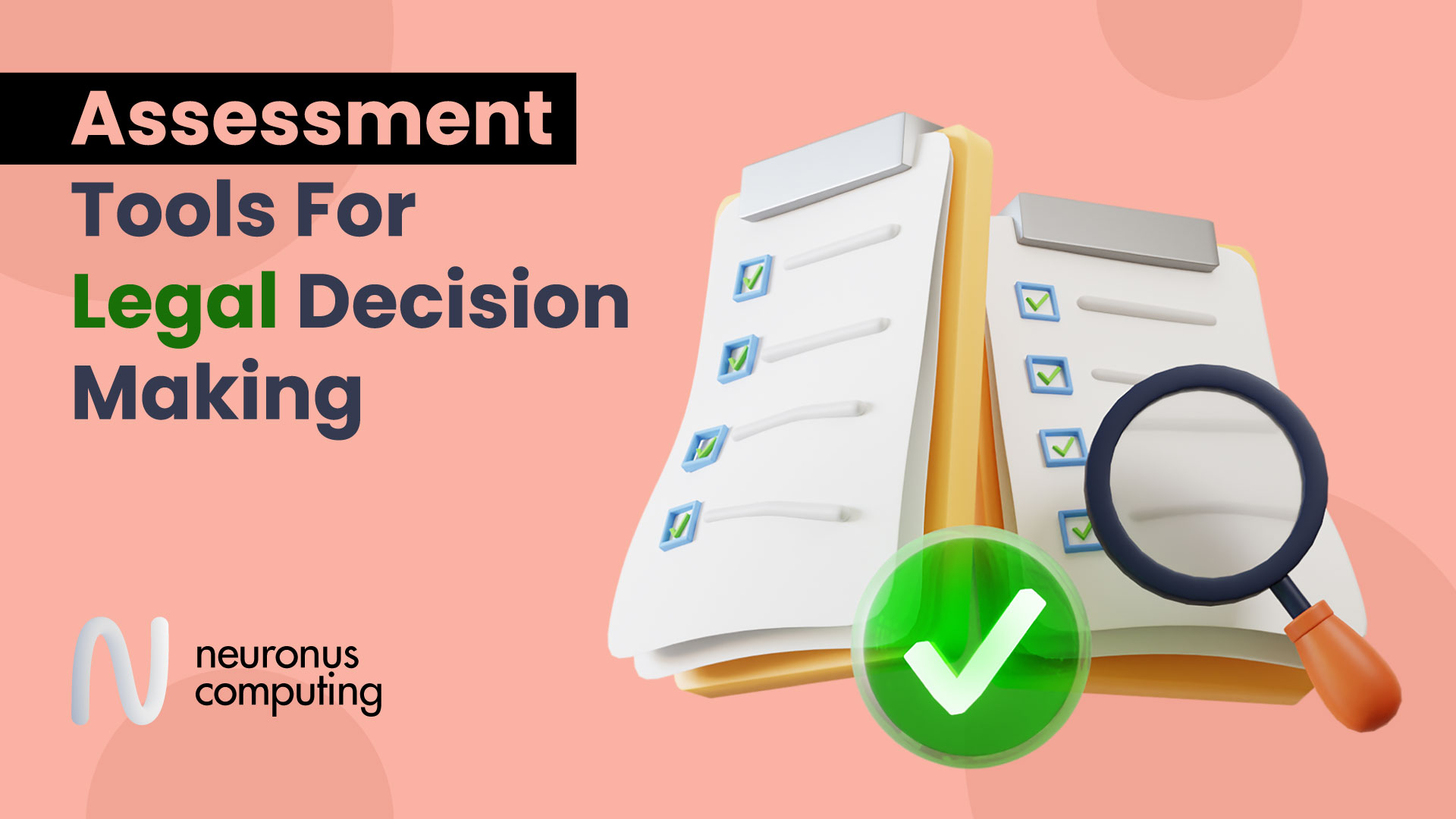Assessment Tools for Legal Decision-Making
Technology has shaped every aspect of contemporary fields and disciplinary research. It has made our work easier and more effective through the latest gadgets and accessories. Unlike traditional setups that require physical presence and a lot of paperwork, modern workspaces are gradually shifting to a virtual landscape. The same transition can be observed in the legal framework, with a special focus on legal decision-making. The legal system is mostly decision-driven and many predictive tools are having a transformative impact on this field.
Following is a comparative analysis of many assessment tools like Predictice, VICTOR, HART, and COMPAS that are frequently used in legal firms for effective decision-making:
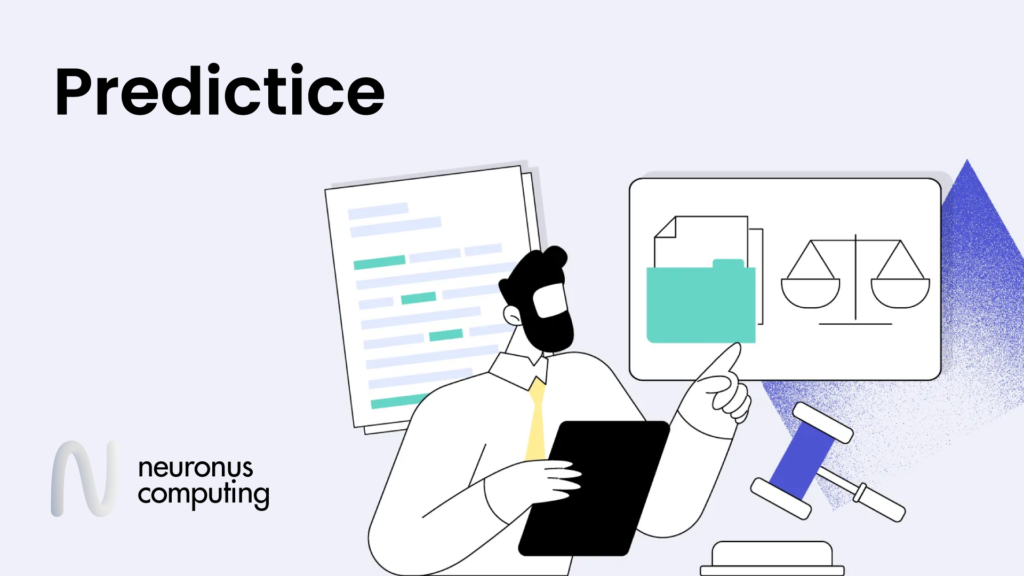
1. Predictice
Predictice is a French legal company that uses artificial intelligence to provide legal insights. AI can accumulate large amounts of data that provide a complete overview of legal discussions and documents. This step enhances the effectiveness of the case study and produces data-driven results. This kind of informed decision-making based on historical and analytical case studies serves as a revolutionary measure. Hence, a predictive tool like Predictice offers great assistance to legal practitioners through its advanced artificial intelligence algorithms.
Applications
- It can strategize case assessment and counselling for clients in law firms.
- It can also predict risk factors for corporate legal departments.
- It can also help in making well-informed rulings for the judiciary system.
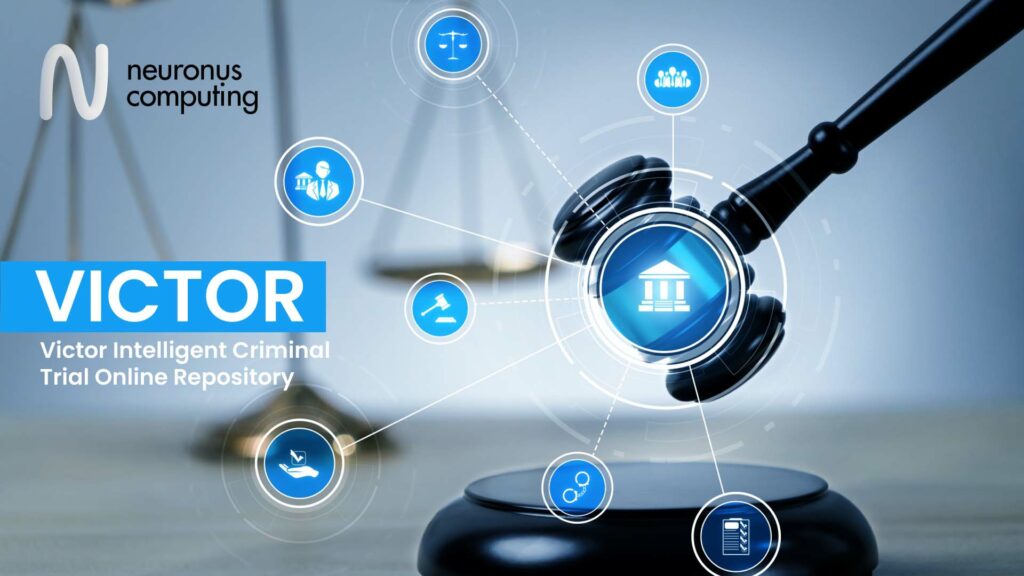
2. VICTOR
Victor Intelligent Criminal Trial Online Repository or VICTOR is a legal assistance tool specific to criminal law and trials. It helps in assessing and predicting the criminal legal framework and resulting outcomes. It is an objective approach to reduce bias and make informed decisions. Legal attorneys evaluate all kinds of criminal records to produce data-driven justice. There must be careful consideration in procuring results regarding bail and sentence, as it is a matter of an individual’s life. Hence, to avoid any loopholes, algorithms like natural learning processing are employed to assist in making strategic decisions.
Applications
- It can help prosecutors evaluate case studies and develop arguments.
- It helps attorneys identify the pros and cons of taking up a good defense.
- It provides a comprehensive study so judges can make informed verdicts.
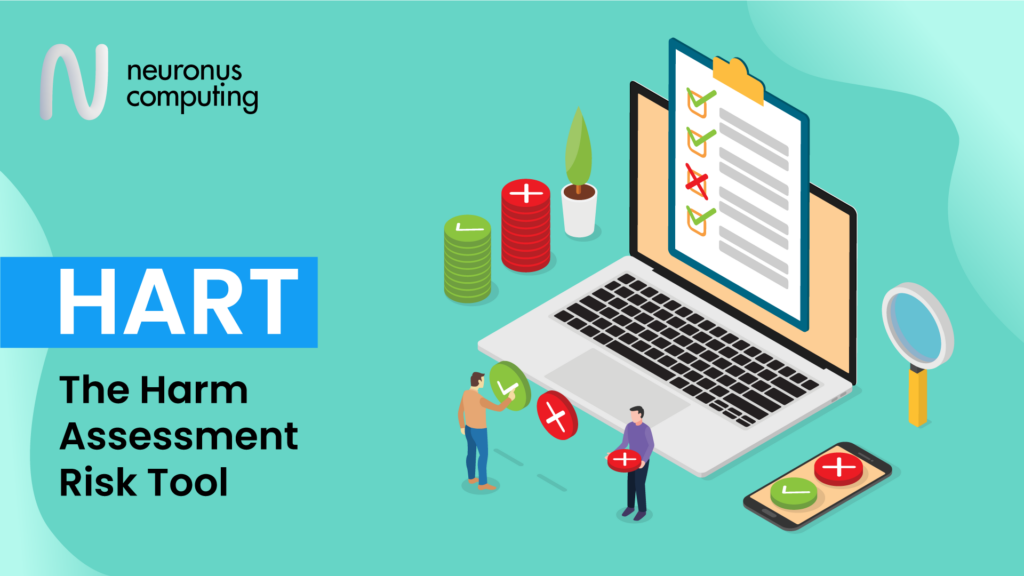
3. HART
The Harm Assessment Risk Tool or HART, is used by police forces to predict possible criminal activities. It is a wise allocation of resources as it provides an acute prediction of individuals involved in suspicious activities. This type of risk assessment tool helps in mitigating crimes and securing peace. These tools are proactive in their approach as they conduct a brief analysis of crime reports, demographics, and previous criminal records. Hence, such assessment tools reduce the need for a manual investigation and save much time by providing quick analysis.
Applications
It helps police departments to prevent crimes and ensure community safety.
- It helps with a more precise and focused approach to controlling the crime rate.
It helps judicial judges to be more well-informed in their probation decisions.
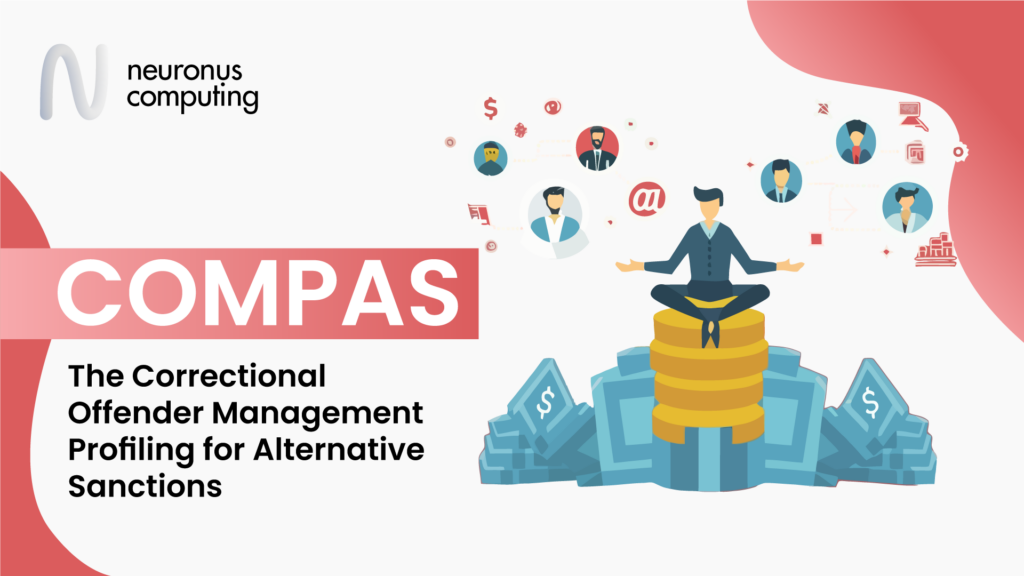
4. COMPAS
The Correctional Offender Management Profiling for Alternative Sanctions or COMPAS, is a risk assessment tool that evaluates recidivism in criminal convicts. This tool collects comprehensive data, including criminal records, demographic data and psychological assessments. It employs statistical technology that prepares a charge sheet to assess the tendencies for violent recidivism, pretrial release, or general recidivism. The numerical results provide an overall outlook and context to assist decision-makers.
Applications
- It is an effective tool for judges and supervision officers.
- It helps with a comprehensive test score analysis to make decisions.
It provides transparent decisions to determine effective judgment.
Conclusion
The above discussion narrates several risk assessment and predictive tools like Predictice, VICTOR, HART, and COMPAS. These tools are proven to be most effective in providing comprehensive data with legal insight. The reason behind their effectiveness is artificial intelligence and machine learning algorithms that produce results based on analyzing large amounts of data. Hence, it is concluded that such tools can demonstrate impactful judgment and their continuous improvement will prove beneficial in future predictions.


